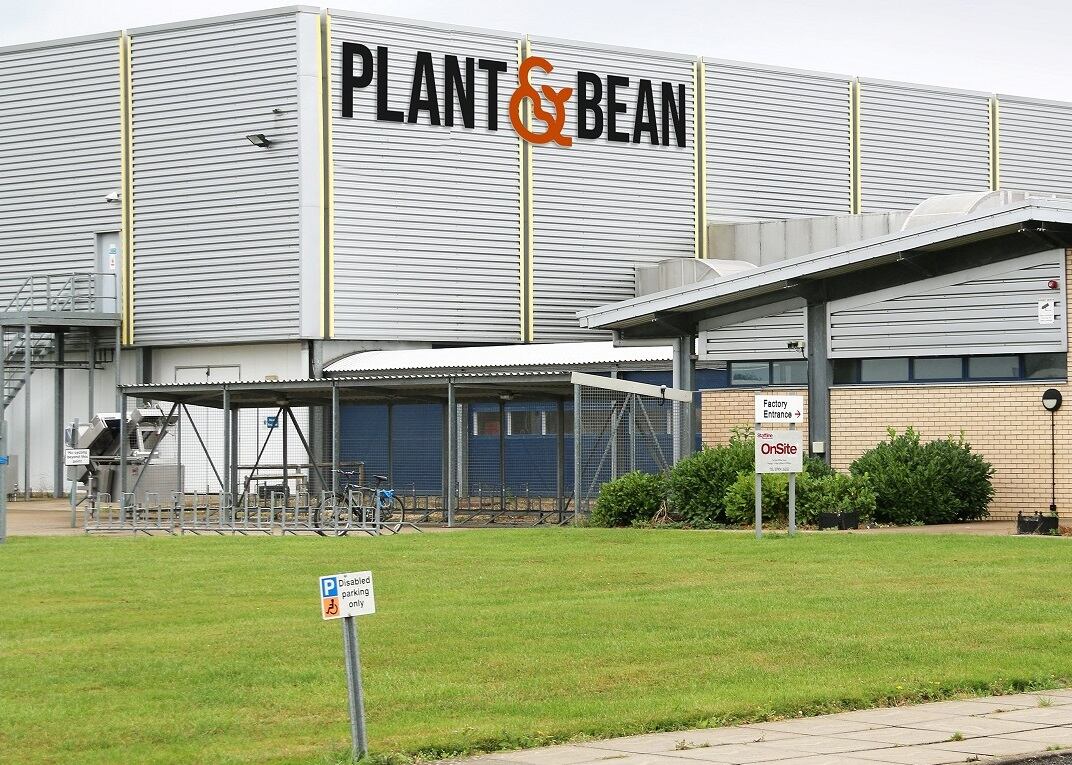The survey, carried out by YouGov, shows the least likely age group to opt for a plant-based regime is the 45- to 54-year-old bracket, with two-thirds (66%) giving the option the thumbs-down.
The most likely age groups to follow a plant-based diet in 2021, however, are 25- to 35-year-olds and over-55s. Nearly a quarter (22%) of respondents from each age group were ‘likely’ or ‘very likely’ to do so.
The research reveals that 16% of 18- to 25-year-olds, 15% of 25- to 35-year-olds and 12% of over-55s already follow a plant-based diet.
Differing definitions
According to the survey, understandings of the term ‘plant-based’ vary among British consumers. Most respondents believed that following a plant-based diet meant cutting out meat and sometimes dairy completely, while 41% said it meant following a vegan diet and 20% equated it with a vegetarian diet.
Nearly one in ten (8%) said they didn’t know what a plant-based diet was at all.
“Most organisations, including the BNF, define ‘plant-based diets’ as those mostly based on foods derived from plants, such as grains, vegetables, fruit, pulses and nuts, but that can also include a smaller proportion of animal derived foods such as meat, fish, eggs and milk,” explained Sara Stanner, the BNF’s science director.
“However, most people in our survey thought it meant being vegetarian or vegan, with only 10% equating plant-based with a ‘flexitarian’ approach, or a diet that provides a diversity of different protein sources.”
Plant-based choices
In the survey, the most commonly selected reasons for following a plant-based-diet were: ‘don’t agree with eating meat’ (53%); ‘think it is more environmentally sustainable’ (52%); and ‘a plant-based diet is healthier’ (42%).
When asked whether plant-based foods and drinks are healthier than those from animals, the most common response was neither agree nor disagree (39%).
When survey participants were asked which plant-based foods they ate at least once a month, the most popular options were nuts (51%) and lentils, beans or chickpeas (50%).
The results also indicated that more people in the younger age groups favoured ‘processed’ alternatives, such as Quorn products (26% of 18– 24-year-olds) and meat-free burgers and sausages (33% of 25– 34-year-olds).
Milk alternatives
Over a quarter (26%) of all females and 17% of males in the survey said they regularly consumed plant-based milk alternatives, with 18– 24-year-olds the most likely to use these products (33%).
However, plant-based alternatives to cheese and yogurt were eaten less often (4% and 11% respectively). A quarter (25%) of all respondents did not regularly eat any of the plant-based foods listed in the survey, such as pulses, nuts, meat-free mince or sausages.
Stanner added: “It’s interesting but perhaps not surprising to see that younger adults appear to be choosing more plant-based products such as milk alternatives, plant-based yogurts and plant-based ready meals than those aged 35 and over, as plant-based diets seem to particularly appeal to younger people.
“It’s great to see so much choice now available to consumers when it comes to plant-based products but, a note of caution, that ‘plant-based’ does not always guarantee ‘healthy’.”




